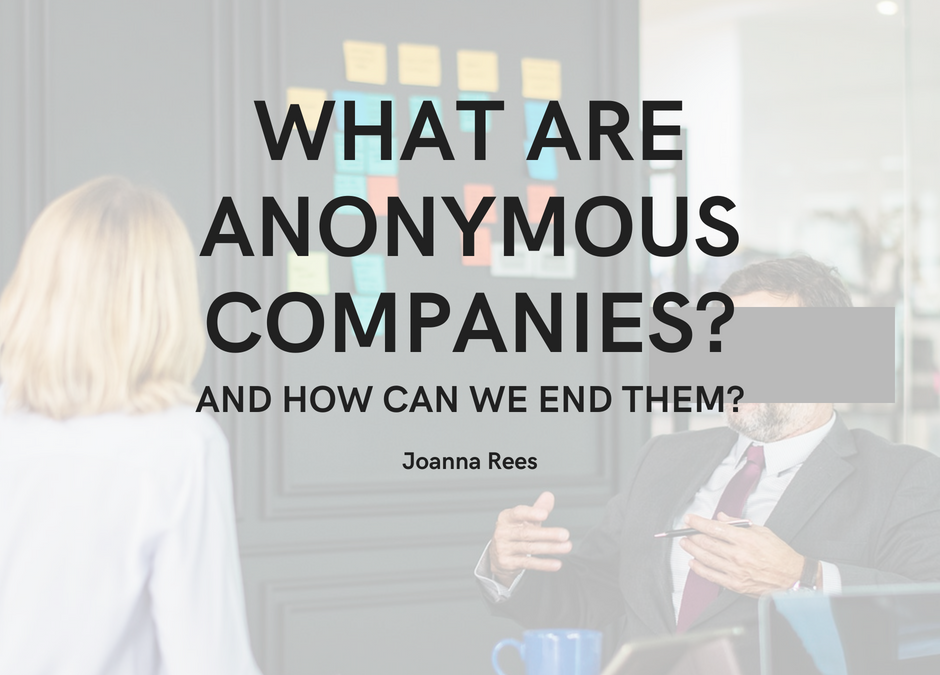Methods for business operation that allow for anyone in the United States to start a business can unfortunately be abused for illicit ends. Anonymous companies, often called shell companies, obscure their ownership in order to fly under the radar. Just like any other corporate entity, an anonymous company can open bank accounts, make purchases, and transfer money as it wishes. However, these companies are often used as fronts for money laundering operations, making it easier for criminals to deny culpability and hide information about their activities.
Often, anonymous companies stay secretive by finding another individual, frequently unrelated to the business owners, to fill out the forms and provide their information. These companies can exist entirely on paper, doing little actual business while funneling funding with minimal public records. Even in an Internet-focused world, little to no information may be available about an anonymous company or its true owners.
The obfuscation of information that allows for anonymous companies to operate off the grid has been cited as problematic, enabling criminal proceedings around the world. Some countries have taken steps to draft laws aimed at addressing this problem, primarily by creating registries of all companies to be accessed by law enforcement officials. Many of these plans are still largely nascent, and in the United States, the burden frequently falls to the states to enforce transparency. In other countries, most policies open the door for progress to happen down the line, but do little to actually push for it.
Holding businesses accountable for transparency is something that may very well start in the corporate sphere. Both companies and investors have recently strived to promote transparency in company ownership. The B Team has long advocated for better standards in this regard, both to fight against corruption and for concrete business reasons. Transparency creates trust in an organization and is seen as a positive quality among conscious consumers.
Recently, the B Team and its partners have created a website, ownershiptransparency.com, aimed at providing information about anonymous companies, the laws designed to counteract this brand of corruption, and what companies can do to help end anonymous companies.
The first step, of course, is for companies to practice what they preach and consider publicizing ownership and investor information. They can also audit the companies the work with for supplies and hold them accountable if they are not transparent in their own practices. Calling for government action is also necessary; until governments can help regulate business information, anonymous companies will never truly go away. In fact, the United States is the second best country in the world to set up a company like this due to its business regulations.
A concerted effort is necessary to promote transparency in business and fix the glaring loopholes that allow anonymous companies to flourish. With the hiding of information comes corruption, and the B Team is dedicated to changing the culture that has given rise to these issues.

